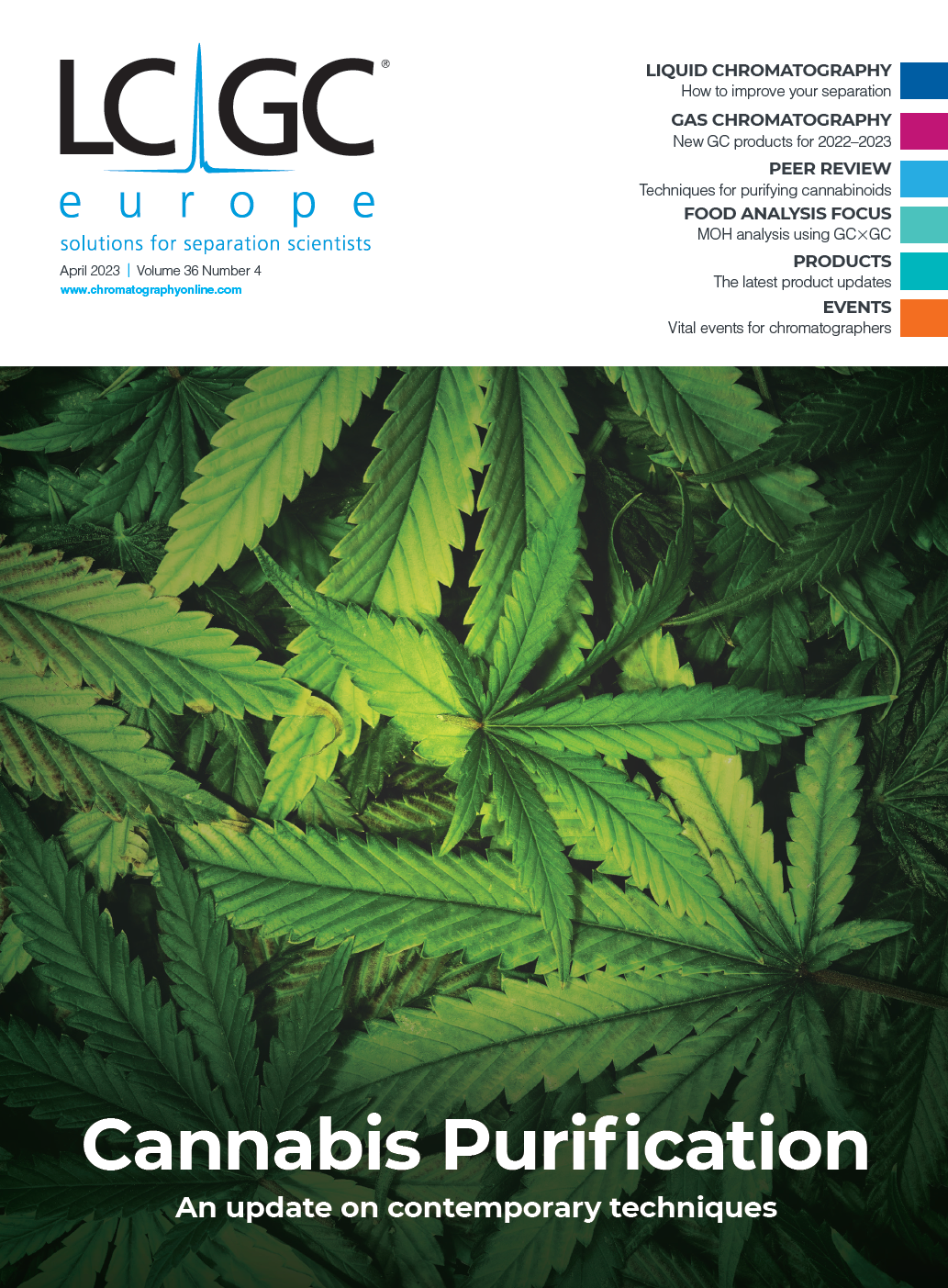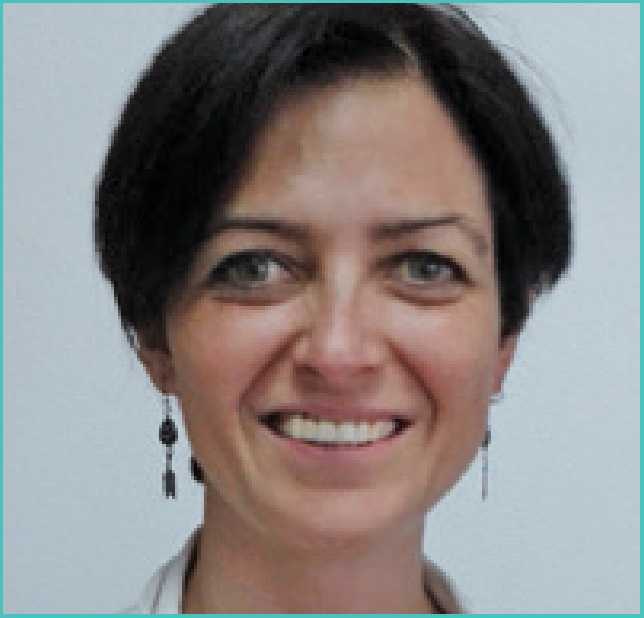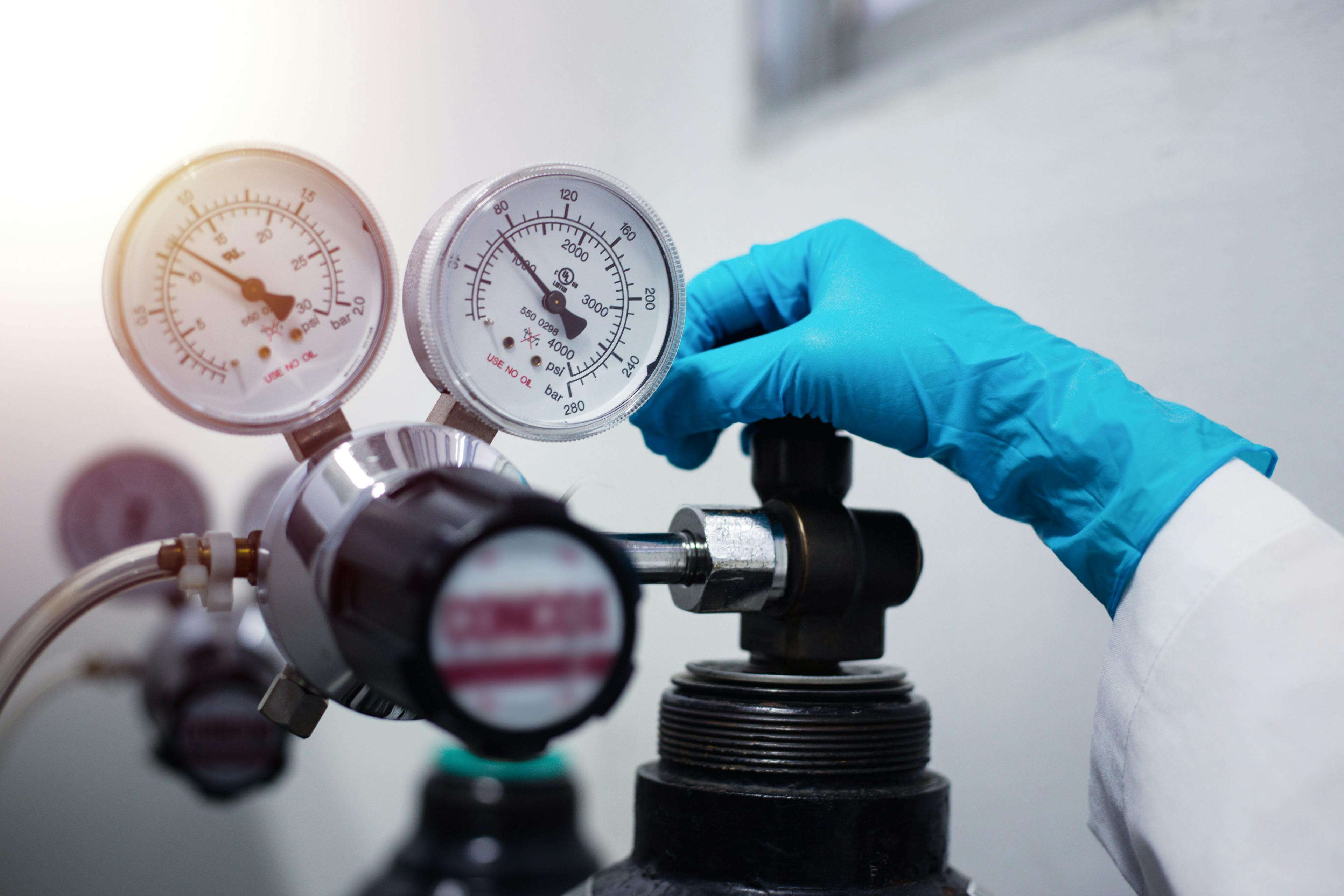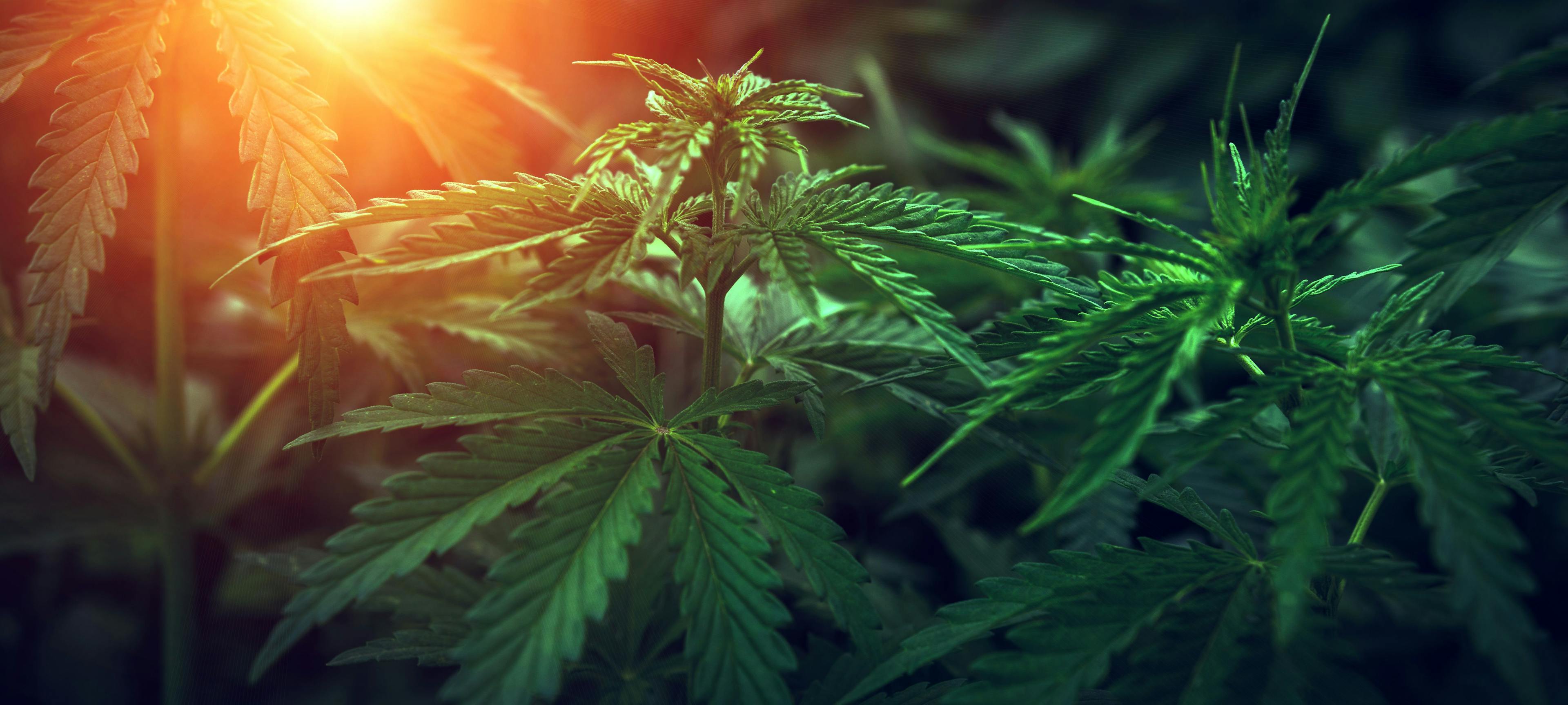The 2nd “Advances in Separation Science: From Extraction to Chromatographic Applications”
St. Bartholomew Church in Liege, Belgium | Image Credit: © haylden - stock.adobe.com

After the success of the 1st “Advances in Separation Science: From Extraction to Chromatographic Applications” workshop, Giorgia Purcaro, with the support of Janusz Pawliszyn, is organizing the 2nd edition, which will be held over two days, 28–29 June 2023, in the Espace Senghor at the Gembloux Agro-Bio Tech Campus of the University of Liège, Belgium. The workshop aims to gather together top experts from academia and industry to discuss the most recent advances in the field of separation science, which includes sample preparation, chromatographic separation, detection systems, and chemometrics. The scientific programme includes plenary lectures from prominent scientists such as Janusz Pawliszyn (University of Waterloo, Canada), Gert Desmet (Vrije Universiteit Brussel, Belgium), Luigi Mondello (University of Messina, Italy), Torsten C. Schmidt (University of Duisburg-Essen, Germany), Hans-Gerd Janssen (Unilever Research Vlaardingen, Netherlands), and Pierre Giusti (TotalEnergies, France), oral presentations, and poster sessions. Social breaks will contribute to stimulating exchange and networking, supporting the creation of new collaborations.
Two scholarships are available for young scientists to support travel expenses, sponsored by Shimadzu and TotalEnergies.
The deadline for abstracts for oral presentations is 19 May 2023, and the deadline for posters is 1 June 2023. A symbolic registration fee is required to attend the workshop as a commitment guarantee. All information can be found online at the following link: https://lnkd.in/eZ5k5Fxg.
The organizers look forward to welcoming you to a historical and cosy environment that will favour the networking and the fruitful exchange of scientific discussions.

New Method Explored for the Detection of CECs in Crops Irrigated with Contaminated Water
April 30th 2025This new study presents a validated QuEChERS–LC-MS/MS method for detecting eight persistent, mobile, and toxic substances in escarole, tomatoes, and tomato leaves irrigated with contaminated water.
University of Tasmania Researchers Explore Haloacetic Acid Determiniation in Water with capLC–MS
April 29th 2025Haloacetic acid detection has become important when analyzing drinking and swimming pool water. University of Tasmania researchers have begun applying capillary liquid chromatography as a means of detecting these substances.
Prioritizing Non-Target Screening in LC–HRMS Environmental Sample Analysis
April 28th 2025When analyzing samples using liquid chromatography–high-resolution mass spectrometry, there are various ways the processes can be improved. Researchers created new methods for prioritizing these strategies.

.png&w=3840&q=75)

.png&w=3840&q=75)



.png&w=3840&q=75)



.png&w=3840&q=75)









